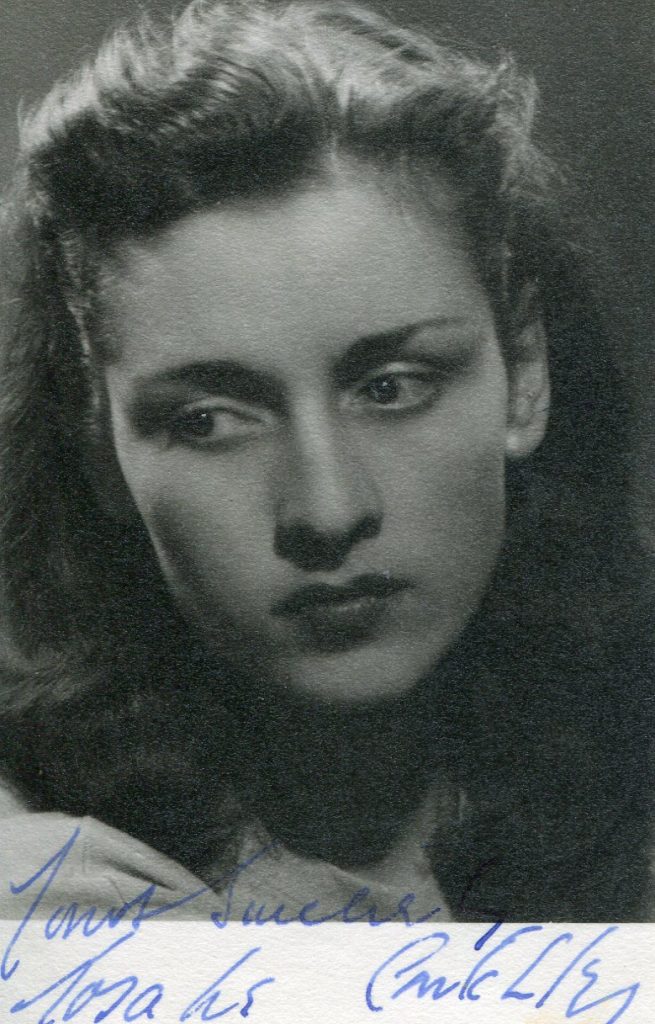
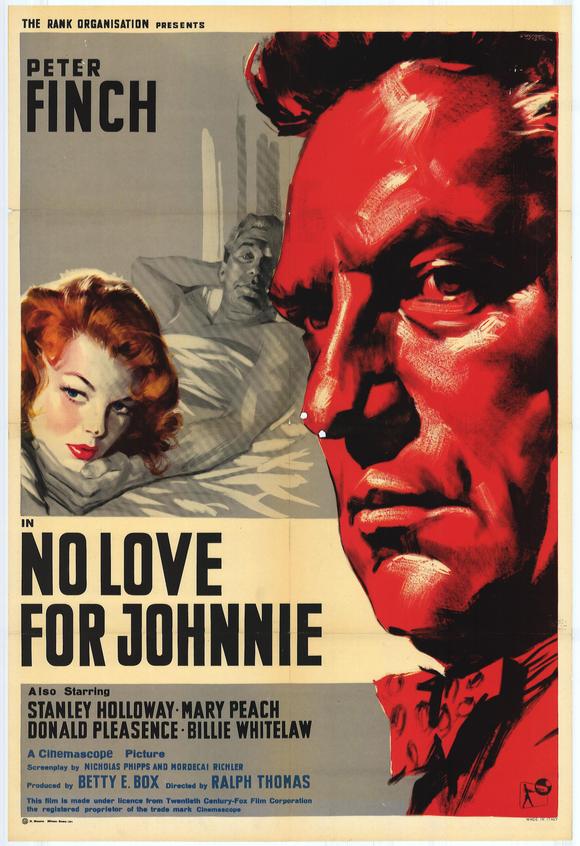
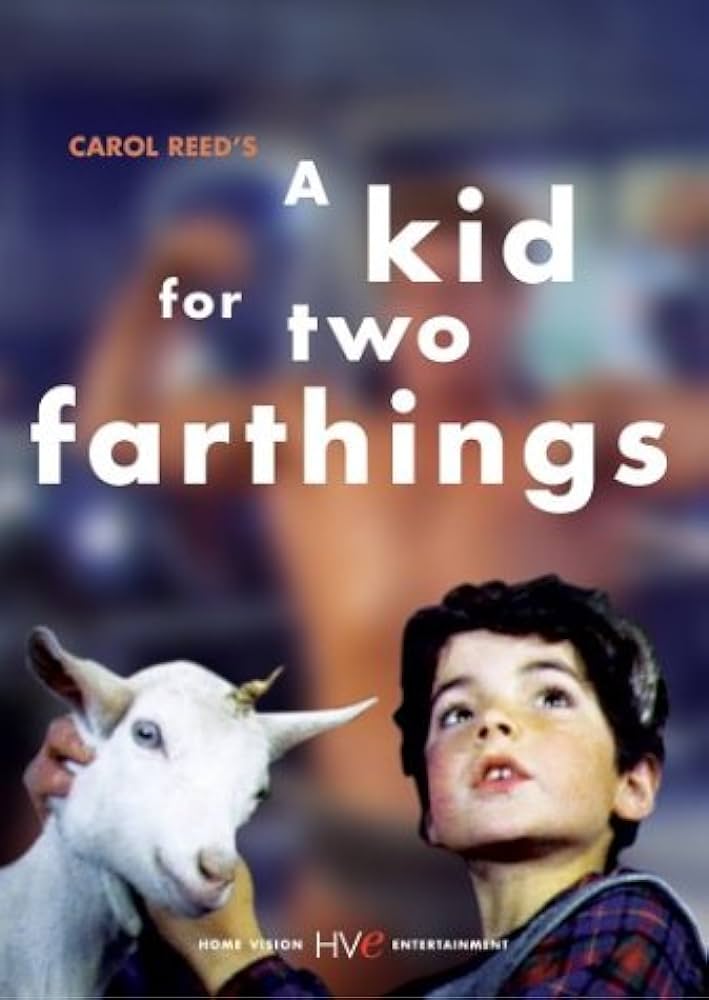
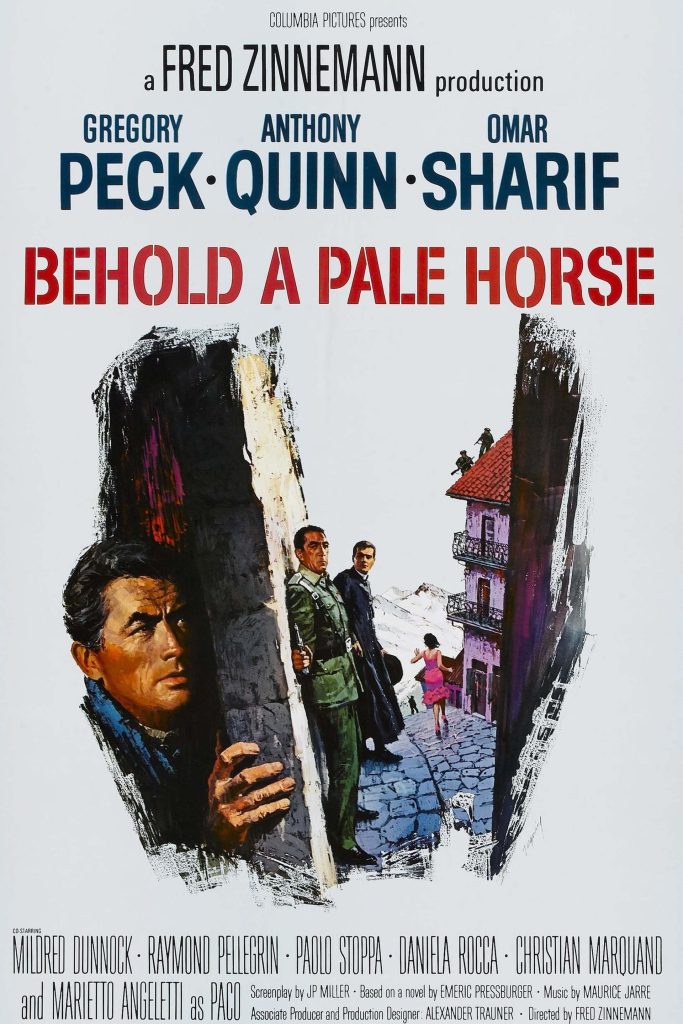
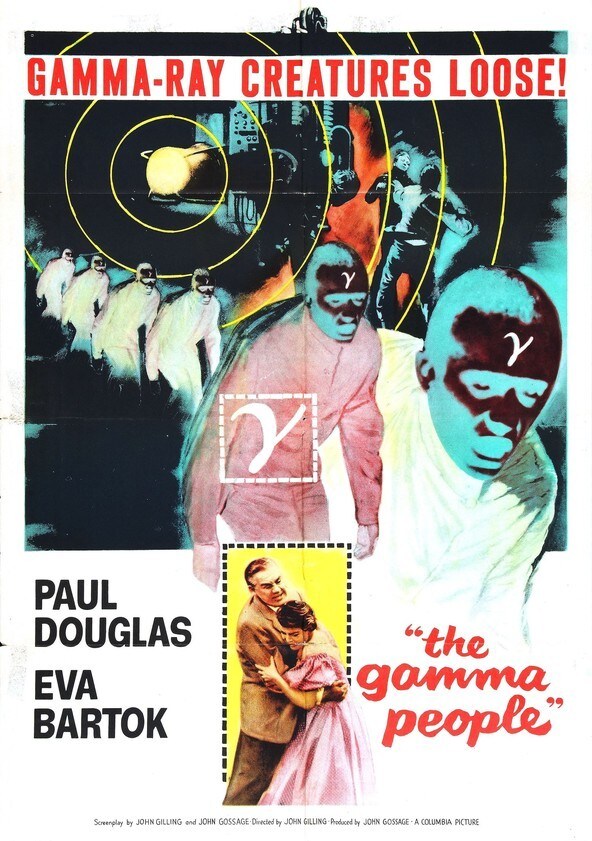
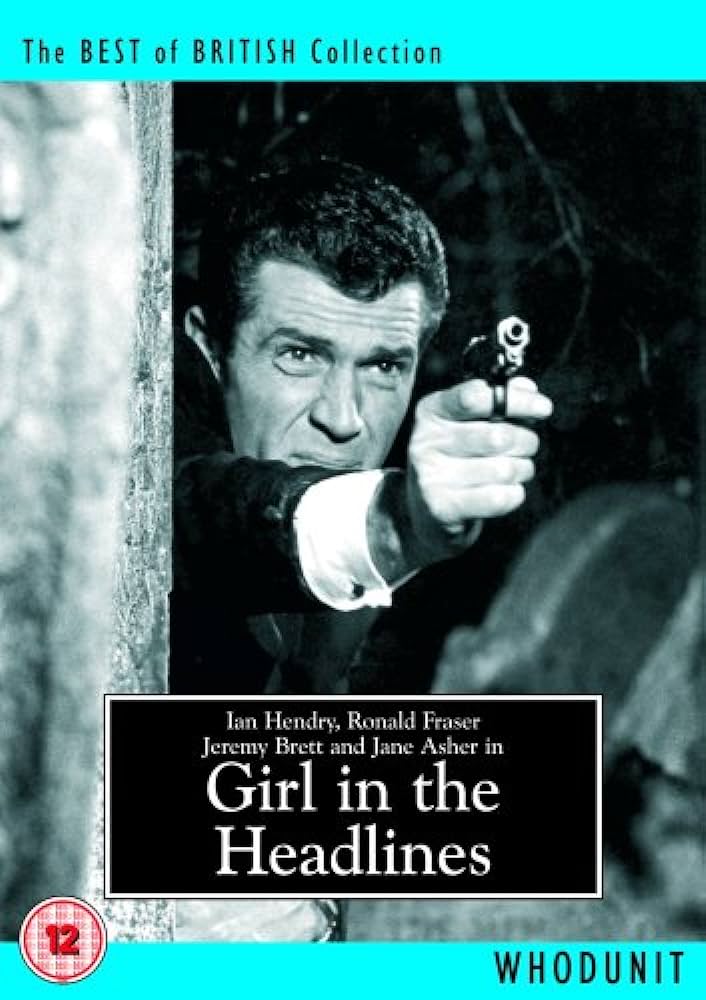
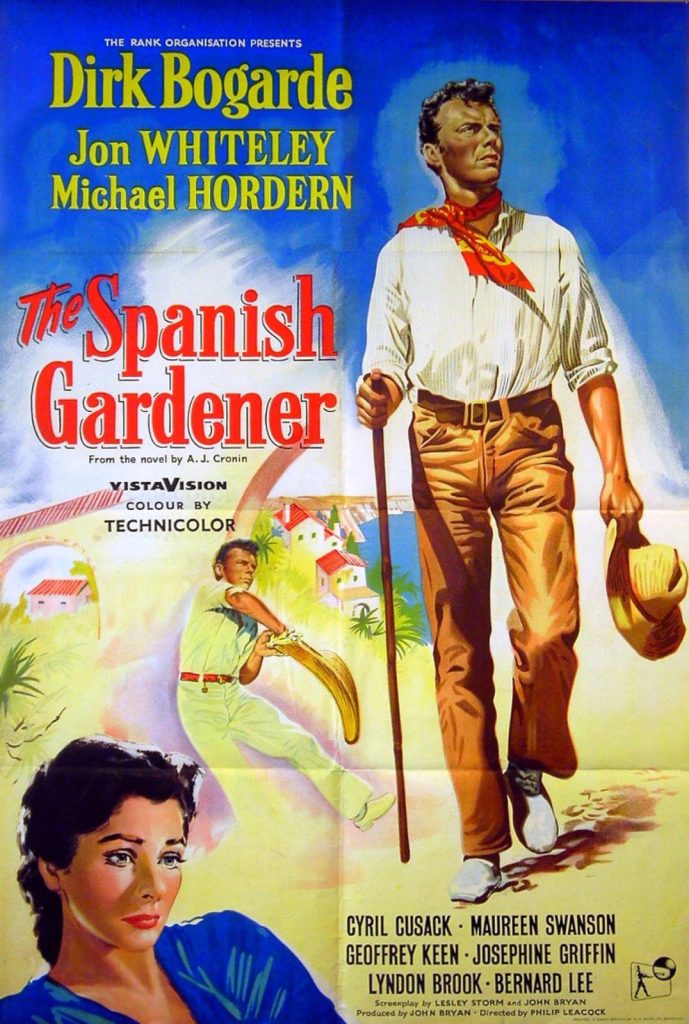
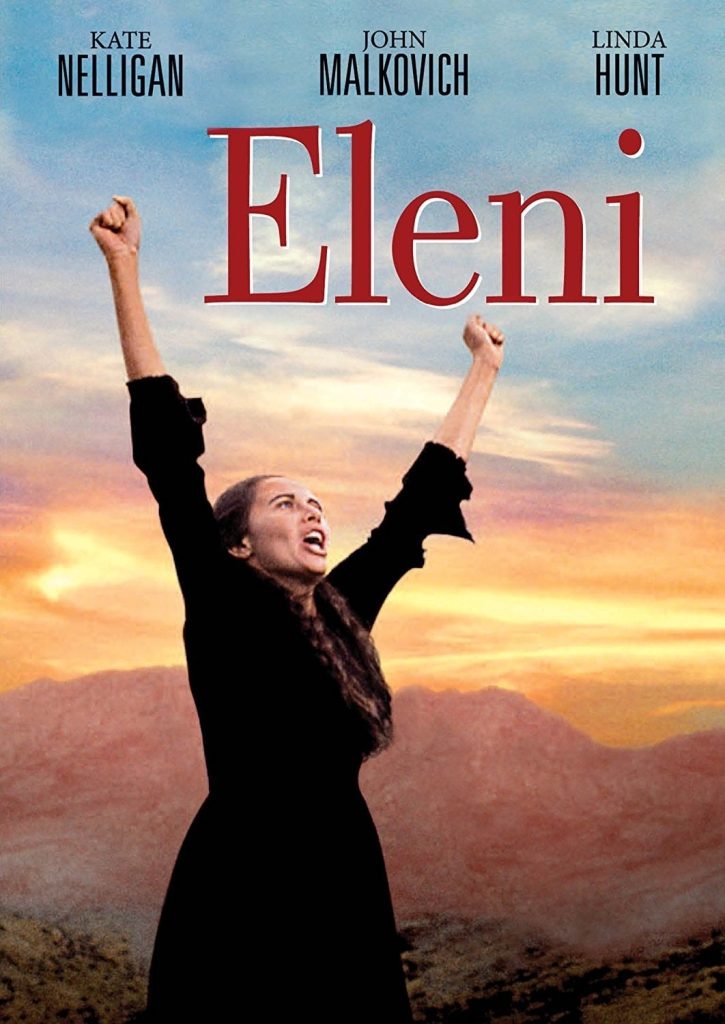
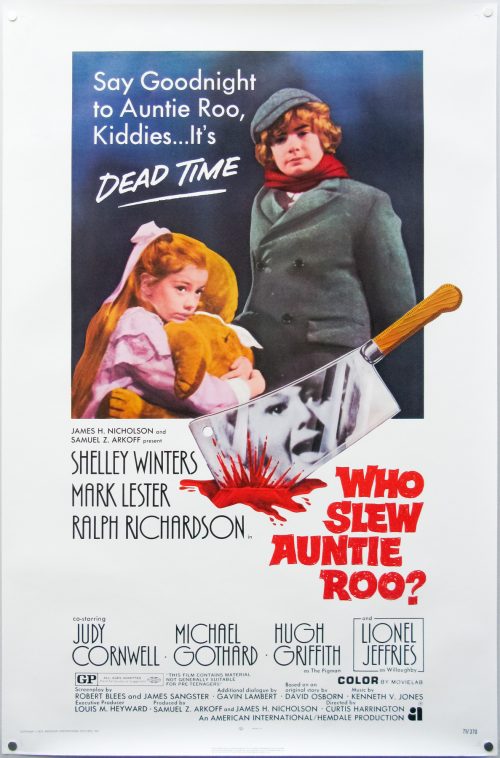
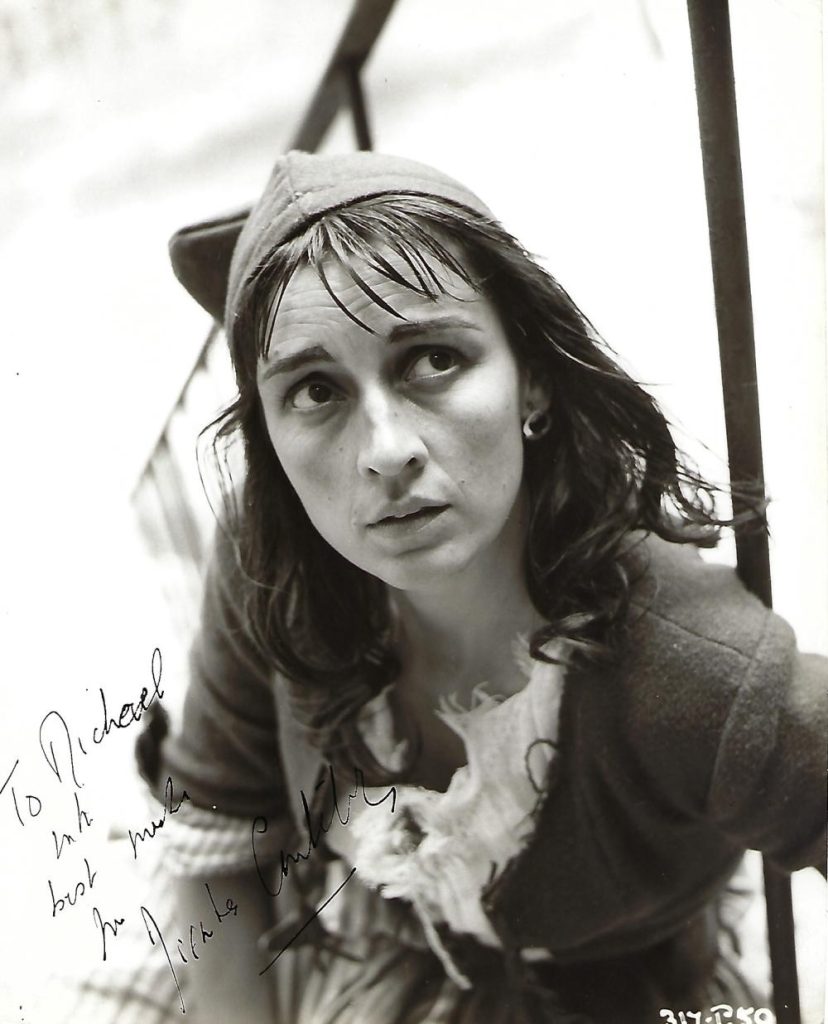
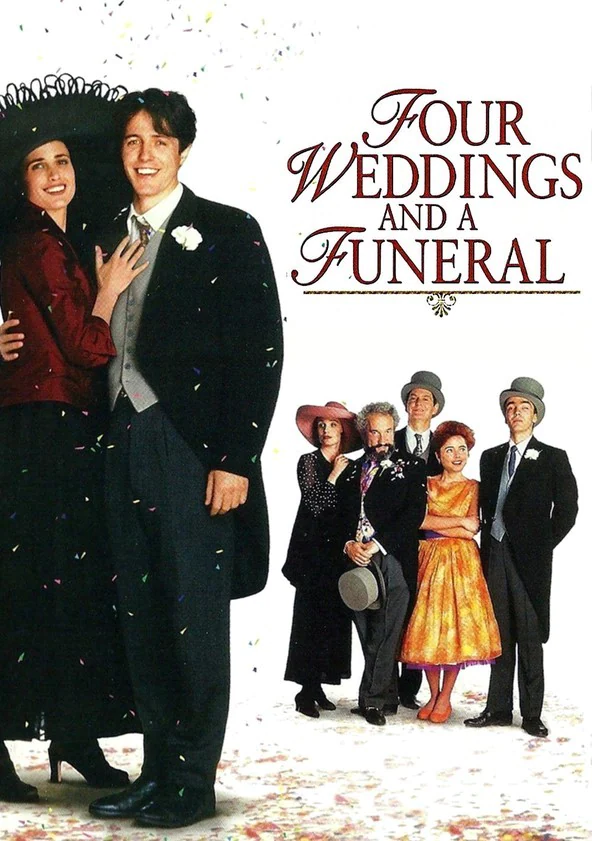
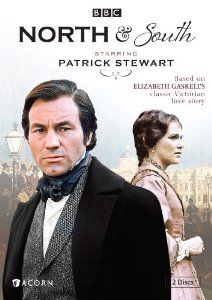
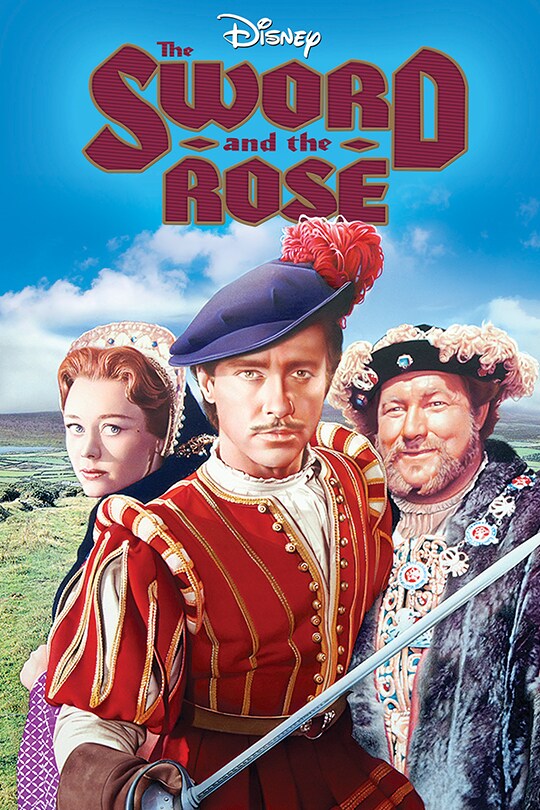
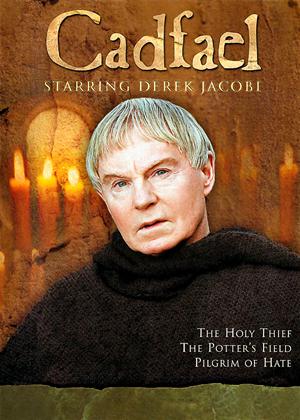
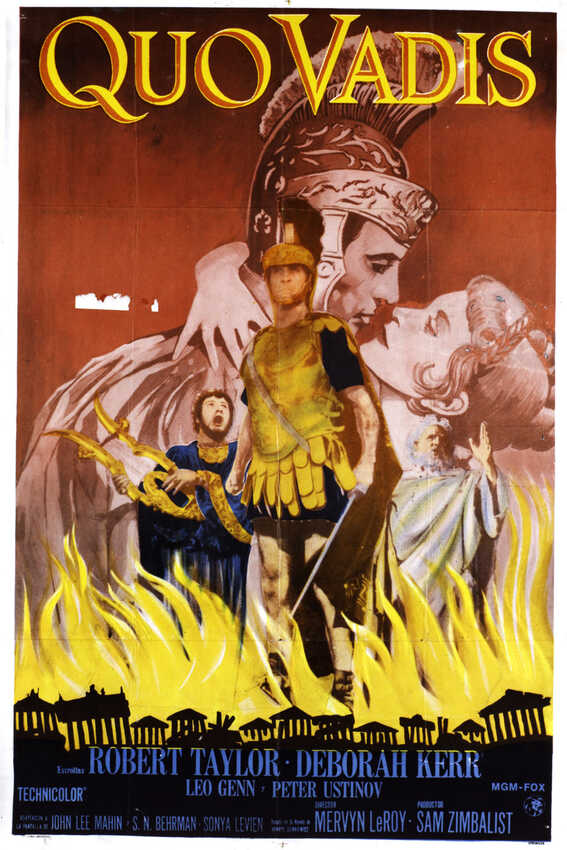
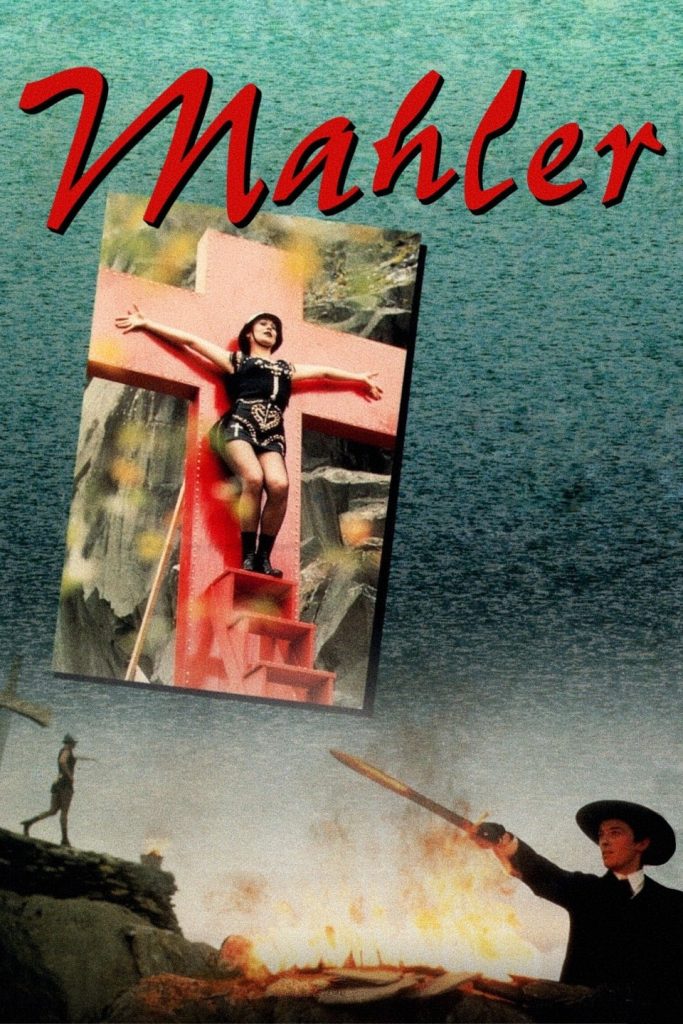
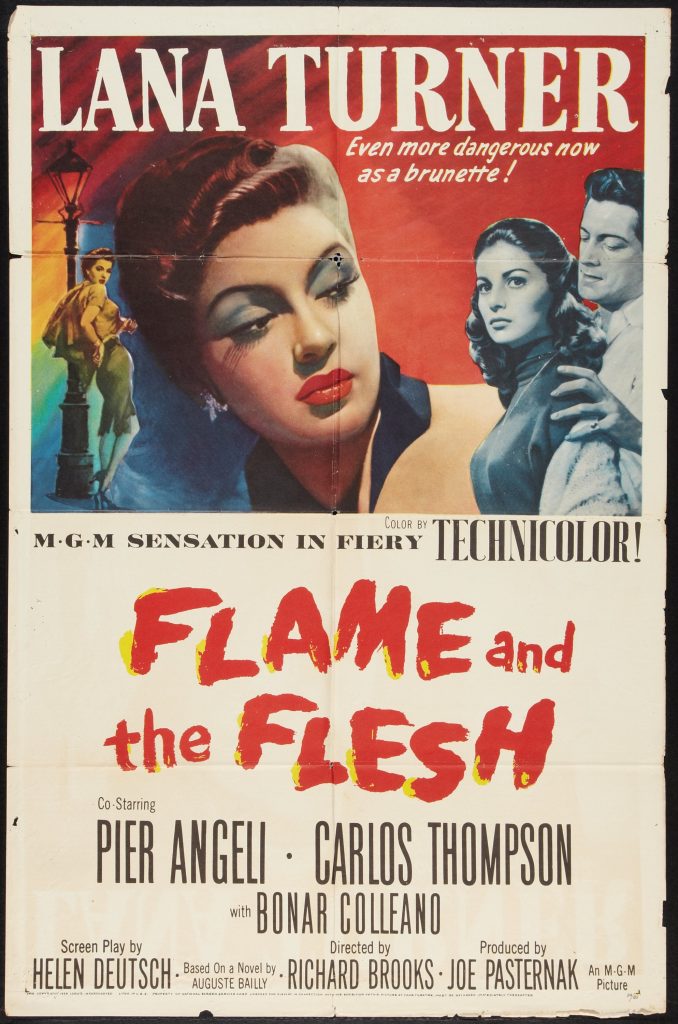
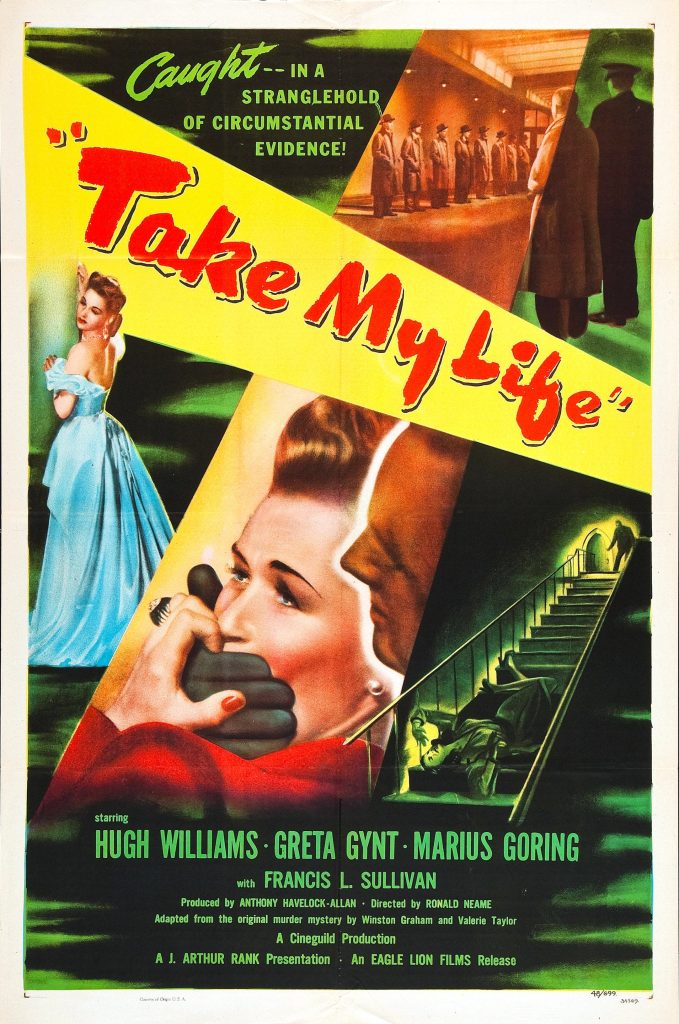
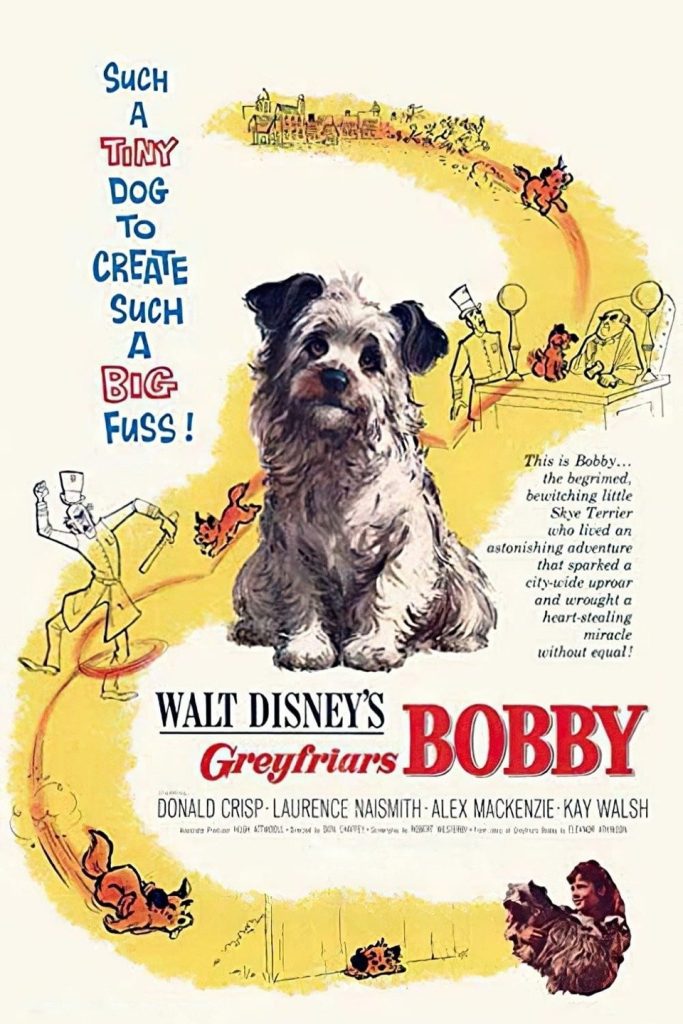
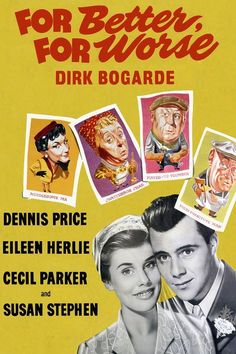
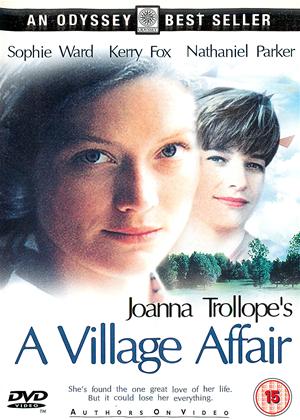
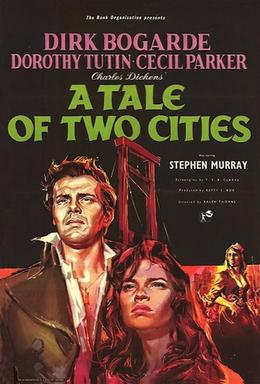
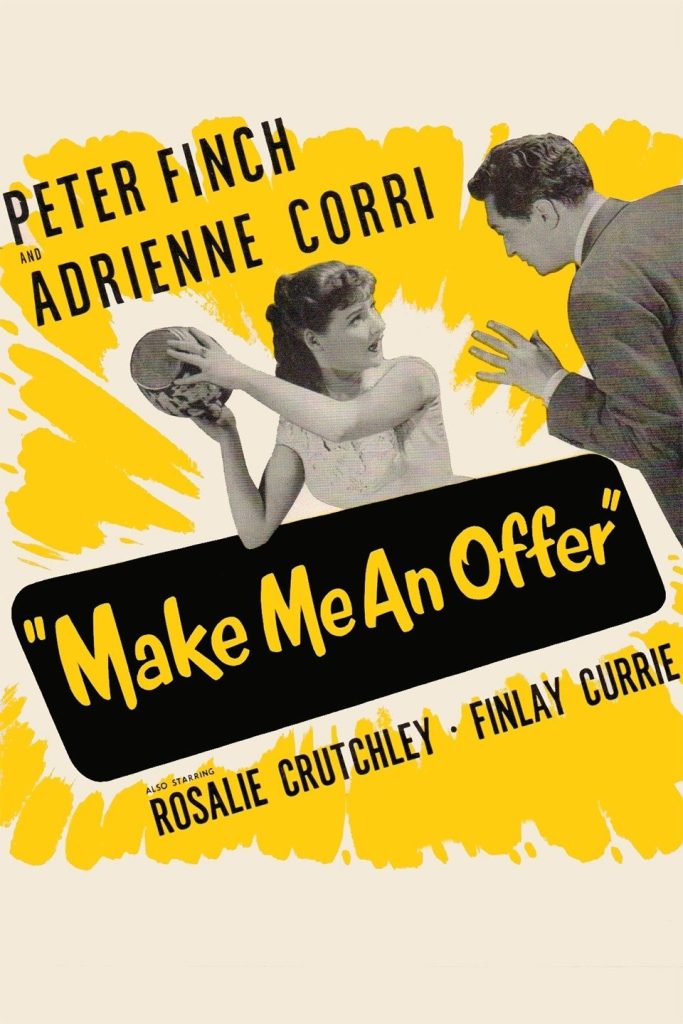
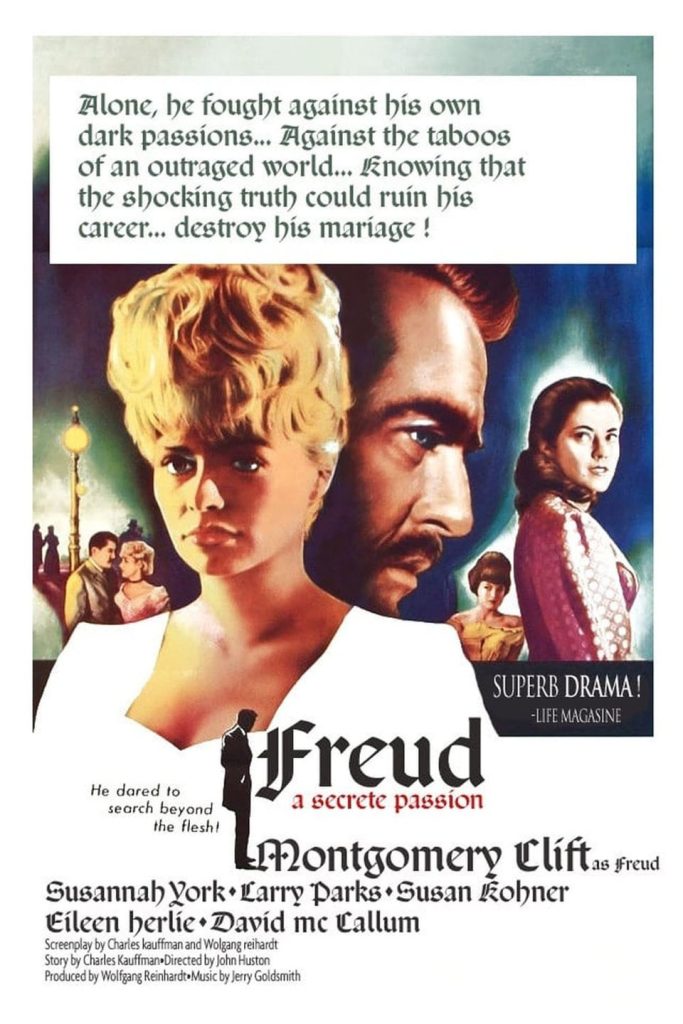
Rosalie Crutchley seemed to specialise in playing sinister housekeepers or worried villagers in horror and period movies. She was born in 1920 in London. She made her film debut in 1947. Among her movies are “The Spanish Gardner” in 1956 and “Man of La Mancha” in 1972. Her son Jonathan Ashmore had a lead role as a child in “A Kid For Two Farthings” in 1956. Rosalie Crutchley died in 1997.
“Independent” obituary:
In her first film, Rosalie Crutchley is asked by her former boyfriend how she has been doing and replies, “Me, I’ve had one smack in the face after another.” Later she is strangled to death. The role was symptomatic of the sort of parts for which the actress became best known – dour, pessimistic, rarely smiling.
She was often cast in foreign roles (“I do not know why this should be,” she said. “Perhaps I look foreign”); her thin face, dark hair and luminously large eyes were well suited to tragedy, and she won acclaim for frequent appearances on stage in the Greek classics. Not surprisingly, she twice played the wicked Madame DeFarge in A Tale of Two Cities, but typecasting should not obscure the fact that she was a fine dramatic actress.
Her theatre work was lauded by such critics as Kenneth Tynan and Harold Hobson and she was consistently in demand for films, while her work on television and radio was enormously prolific. Within the profession, “Bun”, as she was affectionately known, was both respected and liked.
Born in London in 1920, she trained at the Royal Academy of Music before making her acting debut in 1938 with a non-speaking part in Saint Joan at the Liverpool Repertory Company, and the following year became a member of H.M. Tennant’s repertory company which shuttled between Edinburgh and Glasgow. Michael Denison, Dulcie Gray, Sonia Dresdel and Cyril Cusack were other members of the group, half the company opening simultaneously in each city then exchanging for the second week of the run. Crutchley made her first West End appearance in 1943 alongside John Gielgud in Love for Love, part of a Gielgud-Peter Brook season which also included The Circle and A Midsummer Night’s Dream”.
In 1947 she made her first film, Take My Life, the directorial debut of Ronald Neame and an effective thriller in which Crutchley had only two scenes, as a violinist and former mistress of an opera star’s husband (Hugh Williams), but made a strong impression, particularly in the murder scene where she spitefully taunts her killer.
In Prelude to Fame (1950), she movingly presented the dilemma of an Italian peasant persuaded to relinquish custody of her musical prodigy son (Jeremy Spencer), and the following year journeyed to Rome to play Acte in the lavish spectacle Quo Vadis? Other film roles included Malta Story (1953), The Spanish Gardener (1956), A Tale of Two Cities (1958), The Nun’s Story (1959) and Sons and Lovers (1960).
She made her Broadway debut in a stage version of Graham Greene’s The Heart of the Matter in 1950, and in 1952 had one of her greatest personal triumphs in the West End production of Charles Morgan’s The River Line, playing Marie, the stoic leader of an escape movement during the Second World War. The same year she made her last stage appearance, as Kristine Lynde in A Doll’s House at the Lyric Theatre, after which she worked exclusively in films, television and radio.
Crutchley’s first television appearance was as Juliet in Michael Barry’s BBC production of Romeo and Juliet (1948), and numerous roles followed in both classic and new plays, series and serials. In 1956 she was voted Television Actress of the Year for her performance in Black Limelight. Other notable roles included Madame Danglers in The Count of Monte Cristo, Mrs Sarti in Galileo, DeFarge in the 1960 television adaptation of A Tale of Two Cities, Katharine Parr in both The Six Wives of Henry VIII (1969) and Elizabeth R (1970), Clytemnestra in Electra (1974), Jocasta in an Open University production of Oedipus (1976), Simone in the television movie The Hunchback of Notre Dame (1981), and episodes of such series as Miss Marple, Poirot, The Prisoner and Casualty.
She provided the narration for The Troubles (1981), Thames Television’s five-part series on Northern Ireland, was an effective story-teller on the BBC-TV children’s programme Jackanory, and appeared in over 50 radio plays. Her last film role was an amusing cameo as a brusquely inquisitive guest in Four Weddings and a Funeral (1994).
Rosalie Sylvia Crutchley, actress: born London 4 January 1920; married first Danson Cunningham (marriage dissolved), secondly Peter Ashmore (died 1997; one son, one daughter; marriage dissolved); died London 28 July 1997.

